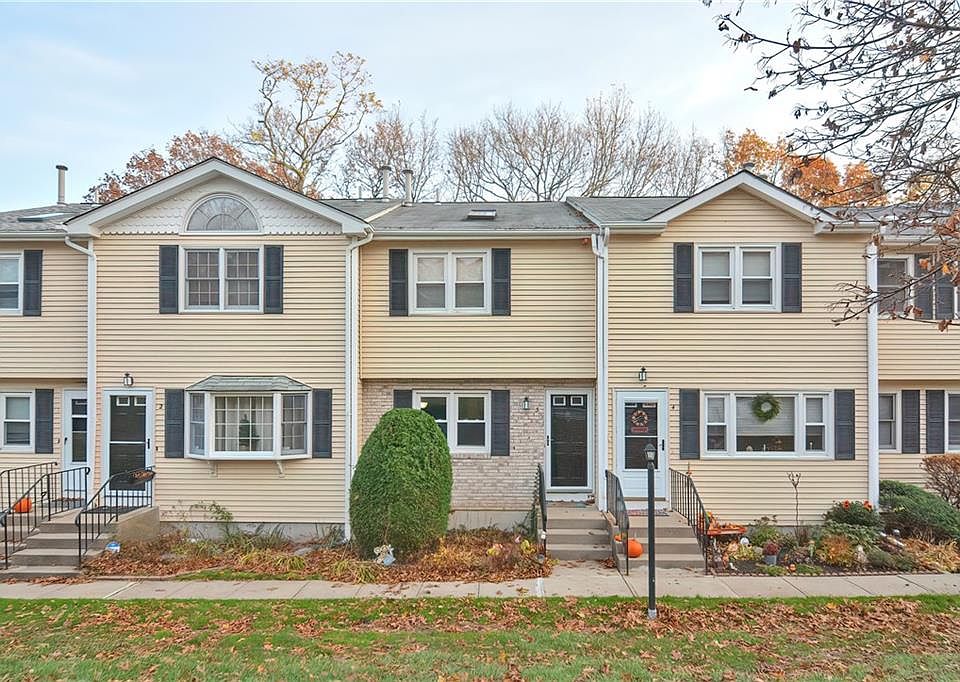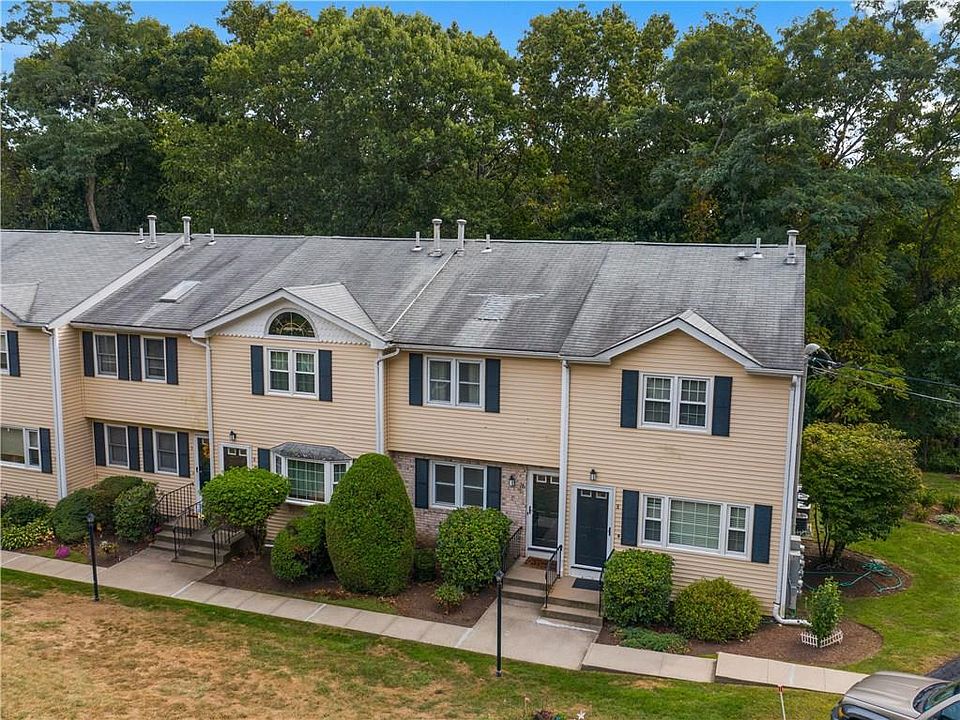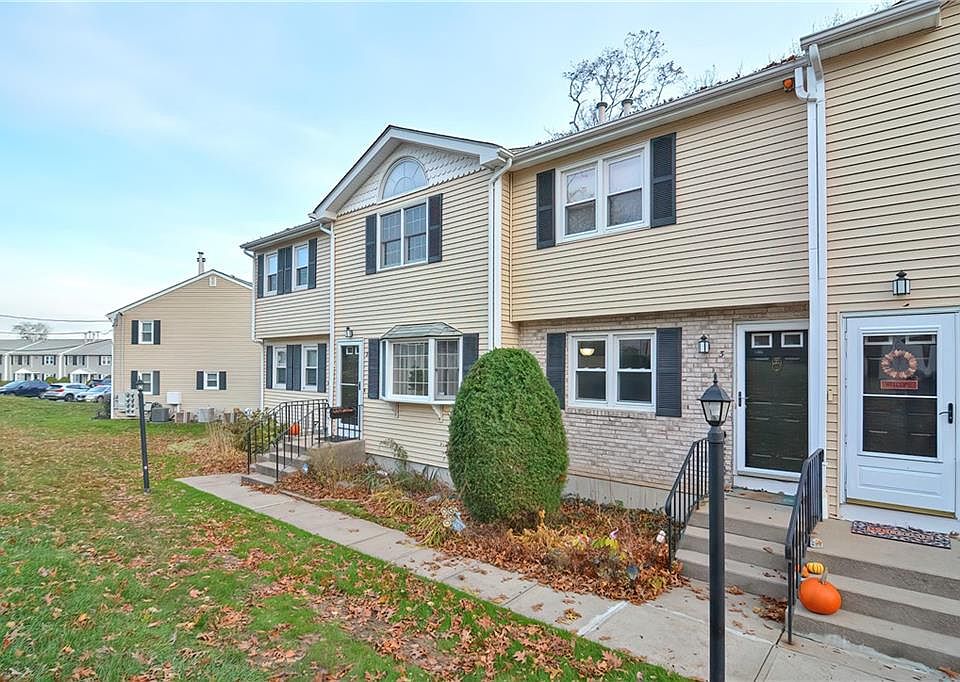Condominiums For Sale In Johnston Ri – Whether it’s a car, a house, or a simple piece of furniture, there’s a process that unfolds. The perceived high cost of these items has led some to opt for cheaper alternatives. One common concern is the risk of purchasing items that are damaged or not as described. This desire for items with character and a story behind them has contributed to the growing appeal of second-hand goods. What was once limited to boutique shops or high-end department stores can now be purchased from the comfort of one’s home. Websites like eBay, Craigslist, Facebook Marketplace, and Poshmark have made it easier than ever for individuals to sell their unwanted items and for buyers to find exactly what they are looking for. Additionally, trends in sustainability and eco-conscious living have contributed to the growth of the second-hand market, as consumers become more aware of the environmental impact of their purchasing decisions. The sale and purchase of second-hand goods play a pivotal role in this transition, demonstrating how individuals can make a meaningful impact through everyday choices. Negotiation is often the most delicate part of the sale process. The decision to sell an heirloom piece of furniture, for example, can be emotionally complex, as it involves a shift in one’s connection to the past. Whether it’s a vintage armchair, a gently used dining table, or a piece of mid-century modern furniture, second-hand furniture can be both functional and stylish. This sense of connection can also extend to the broader culture of quality goods, where consumers and creators share a commitment to excellence and a desire to preserve the craft and tradition behind these products. These platforms often provide tools that help streamline the due diligence process, including access to financial documents, business valuations, and other relevant data. Similarly, a quality suit made from fine wool will age gracefully, developing a patina that speaks to its craftsmanship. People are rediscovering the value of items that have been made by hand, with care and skill, as opposed to the impersonal, assembly-line products that dominate the marketplace. Sometimes, a sale can feel like the closing of one chapter and the opening of another. This can manifest in the context of career, relationships, or personal goals. However, buying a business is not a decision to be taken lightly. It may have been passed down, carefully preserved, and lovingly maintained. When a car is put up for sale, it can feel like letting go of a part of one’s journey.

47 Sydney Rose Ct, Johnston, RI 02919 MLS 1305031 BEX Realty
Virtual 3d tours of homescoming soon listingssimilarly sold homes

Estates Condominiums Johnston, RI Zillow
Virtual 3d tours of homescoming soon listingssimilarly sold homes

Estates Condominiums 47 Ave Johnston RI Zillow
Virtual 3d tours of homescoming soon listingssimilarly sold homes

Johnston, RI Condos for Sale
Virtual 3d tours of homescoming soon listingssimilarly sold homes

Estates Condominiums 47 Ave Johnston RI Zillow
Virtual 3d tours of homescoming soon listingssimilarly sold homes

1603 Plainfield Pike C4, Johnston, RI 02919 MLS 1308840 BEX Realty
Virtual 3d tours of homescoming soon listingssimilarly sold homes

Estates Condominiums Johnston, RI Zillow
Virtual 3d tours of homescoming soon listingssimilarly sold homes

33 Dale Ave E, Johnston, RI 2 Bed, 2 Bath Condo 25 Photos Trulia
Virtual 3d tours of homescoming soon listingssimilarly sold homes

Johnston, RI Condos for Sale
Virtual 3d tours of homescoming soon listingssimilarly sold homes

1285 Hartford Ave 14, Johnston, RI 02919 MLS 1280285 Redfin
Virtual 3d tours of homescoming soon listingssimilarly sold homes
There is also a growing trend of online platforms that facilitate the buying and selling of businesses. Thrift stores and consignment shops often work with charitable organizations or local non-profits, using the proceeds from sales to support various causes. It carries with it a deep sense of commodification — the idea that every part of our lives, every piece of our history, every corner of our existence, has a price attached to it. The decision to sell an heirloom piece of furniture, for example, can be emotionally complex, as it involves a shift in one’s connection to the past. People are not just looking for things that work well; they want products that elevate their environment and their experiences. This subjective nature of value is what makes the “for sale” market so dynamic. Yet, despite this shift, the appeal of quality craftsmanship has not waned. With just a few clicks, consumers can browse through thousands of listings for second-hand items from all over the world. For environmentally conscious consumers, buying second-hand is not just a cost-effective choice, but a way to make a positive contribution to the planet. Historically, many products were made by local craftsmen, and there was a direct relationship between the creator and the consumer. Social media platforms, for example, offer users a chance to buy into their own identity, to curate a version of themselves that is more appealing, more desirable, more marketable. In a world where everything is for sale, it’s easy for the vulnerable and the marginalized to be taken advantage of. One common concern is the risk of purchasing items that are damaged or not as described. The market for second-hand goods is also influenced by societal trends and economic conditions. This shift in mindset has contributed to a growing acceptance and even celebration of second-hand shopping, making it a mainstream activity that is not just about saving money but about making more thoughtful and responsible choices. For the buyer, purchasing a home is a dream realized, a step toward security and stability. Furniture is another category that lends itself well to the second-hand market. It’s about letting go of something that no longer serves a purpose, while opening the door for something new to take its place. While there are certainly markets where affordable goods are a necessity, quality goods for sale often come with a premium price tag. The second-hand market is not just about saving money; it’s about embracing a more sustainable, mindful way of consuming that values reuse, repurposing, and the stories behind the items we choose to keep.
For sale, it seems like a simple phrase, yet it carries with it an array of possibilities, emotions, and decisions that can shape someone’s life. Whether through local thrift stores, online marketplaces, or garage sales, the option to buy pre-owned items has created a flourishing market that continues to grow. Whether it’s funding education, supporting homelessness services, or providing medical assistance, the money spent in second-hand shops can contribute to making a difference in the lives of others. For the seller, the goal is to achieve the highest price possible for the business, while for the buyer, the goal is often to secure a fair price that reflects the true value of the business. Self-help books and motivational speakers promise to sell us the tools to fix ourselves, to buy into a better version of who we could be. The possibilities are endless, and the result is often something more unique and personal than what could be bought new. This can be particularly advantageous for entrepreneurs who might have experience in business operations but lack the time or resources to build a new venture from the ground up. When it’s put up for sale, it can bring with it a sense of loss, as if a piece of the seller’s life is being taken away. The idea that everything is for sale works to perpetuate inequality, as those with the most resources can continue to amass power and wealth, while others are left to scramble for what little they can get. Just as with material possessions, when a person is “for sale,” they put their value on display for others to assess. They are intended to last for a limited amount of time, after which they become outdated, broken, or no longer functional. These acts of generosity remind us that there are still things in life that cannot be bought, cannot be sold, and cannot be quantified. There are communities that exist outside the realm of traditional commerce, where sharing, collaboration, and mutual support take precedence over profit. These items are often crafted with a sense of purpose, where every stitch, joint, and component is carefully considered to create a product that not only functions well but looks beautiful in the process. While the online second-hand market has flourished, traditional thrift stores and second-hand shops continue to play an important role in the buying and selling of pre-owned goods. The production of new goods often requires significant resources, such as raw materials, energy, and labor, while also generating waste and contributing to pollution. Many high-quality products come with a rich history, whether it’s the legacy of a renowned brand or the personal touch of a local maker. The business-for-sale market continues to evolve, influenced by economic trends, technological advancements, and shifts in consumer behavior, but one thing remains clear: buying and selling businesses will always be a fundamental part of the global economy. When a car is put up for sale, it can feel like letting go of a part of one’s journey. But is this a reflection of reality? Or is it an illusion we’ve created, an idea we’ve accepted in order to make sense of a world that increasingly revolves around consumption and profit?
At the core of this idea lies the assumption that everything, no matter how unique or rare, can be exchanged.